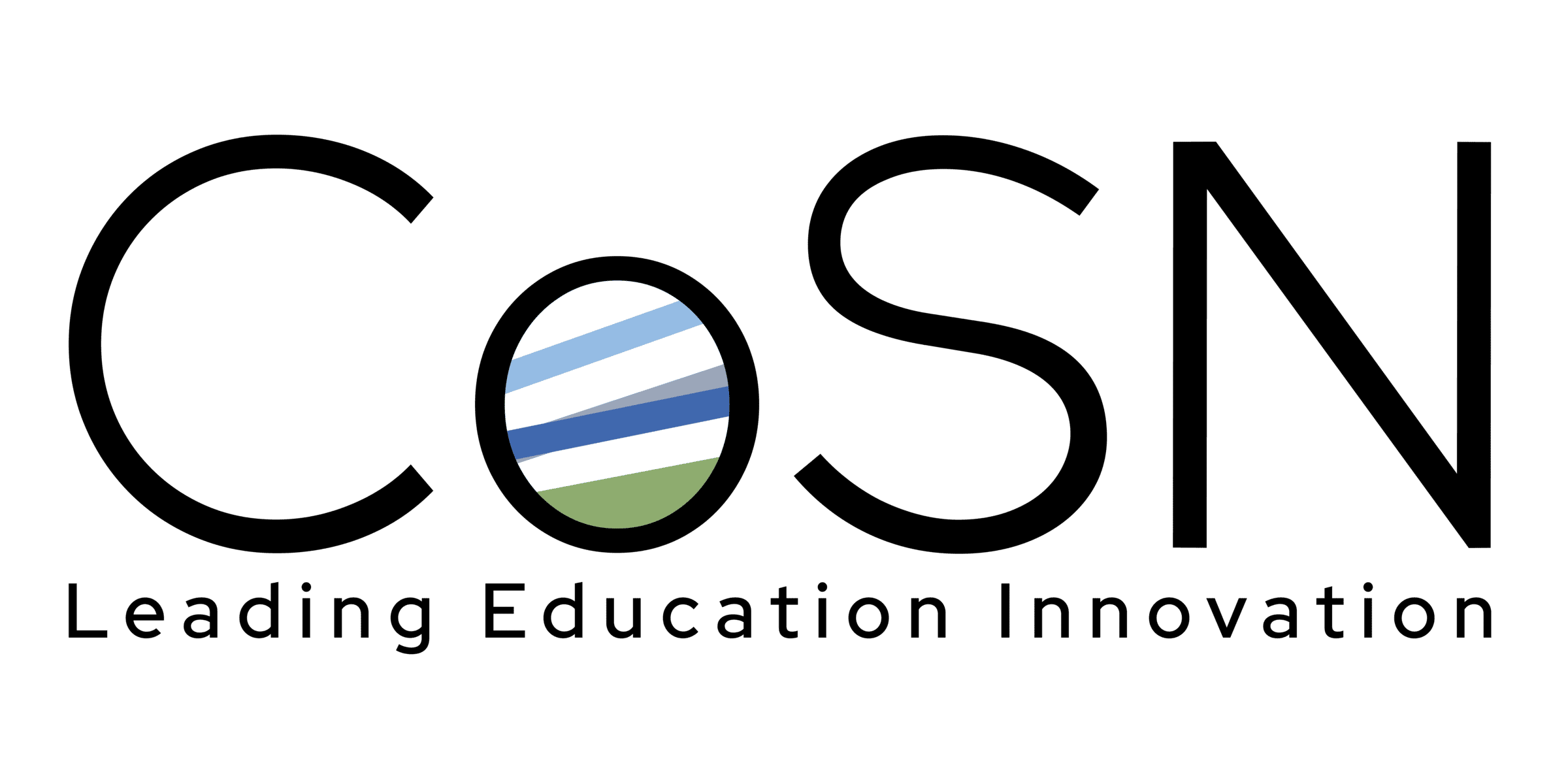The New Media Consortium (NMC), in partnership with the Consortium for School Networking (CoSN), is releasing the NMC/CoSN Horizon Report: 2017 K-12 Edition made possible by mindSpark Learning.
To inform strategic technology planning and educational policy decision-making, the report delivers succinct summaries and analysis of major technological themes and challenges, highlighting implications for in-practice applications. Building upon research from the 2016 report on emerging global technologies, the 2017 edition expands the evaluation to the five-year impact of innovative practices and technologies for K-12 education across the globe. This latest publication is part of the NMC Horizon Project, an ongoing research endeavor designed to identify and describe developments in technology that are likely to impact teaching, learning, and creative inquiry.
The report’s findings were identified through a qualitative research process designed and conducted by the NMC that engaged a panel of 61 education and technology experts representing 20 countries across six continents. The collaboration focused on a set of research questions designed to surface significant trends and challenges and to identify developing technologies likely to be adopted within the five-year horizon. A geographically and experientially diverse panel came to consensus on the profiled topics’ impact on the practice of K-12 education.
“It is a privilege for mindSpark Learning to be involved as a partner in the Horizon Report,” says Kellie Lauth, CEO of mindSpark Learning. “This research-based data can be used as a roadmap in navigating today’s education landscape, and dovetails seamlessly with our work of helping evolve education through educators — so we can’t wait to help teachers and administrators dig in and put this data into practice.”
Six key trends, six significant challenges, and six important developments in educational technology are identified over the next one to five years, giving school leaders, policymakers, teachers, and technologists a valuable guide for shaping the future of primary and secondary education. NMC’s Executive Director, Eden Dahlstrom comments that “the trends, challenges, and developments in edtech taken in context with one another strengthens our vision for future pedagogical applications of technology for learning. NMC’s Horizon work accelerates turning the promise of technology into engaging and meaningful practice.”

“This report documents the exponential change and incredible learning opportunities that new technologies are producing in our digital world — some are calling it the 4th Industrial Revolution,” says Keith Krueger, CEO of the Consortium of School Networking. “We are proud to again partner with NMC on this essential, “must-read” report and accompanying toolkit. Educational leaders should use these new tools to start the conversation around what learning should look like that prepares students for today and tomorrow.”
Reflecting on nine years of NMC and CoSN collaborative research for the NMC Horizon Report series, tables within the report show specific topics such as deeper learning approaches, authentic learning experiences, coding as a literacy, and makerspaces continuing to reappear, regularly voted into consecutive reports by a now vast body of K-12 leaders and technologists. The 2017 edition also reveals new topics, now including teaching computational thinking, sustaining innovation through leadership changes, the rise of STEAM learning, and analytics technologies, among the highlights that capture the big picture themes of educational change.
The NMC/CoSN Horizon Report: 2017 K-12 Edition is available online, free of charge, and is released under a Creative Commons license to facilitate its widespread use, easy duplication, and broad distribution.
> Download the report (PDF)

